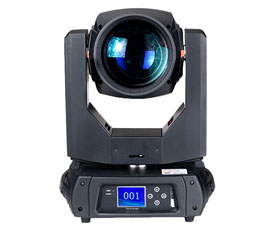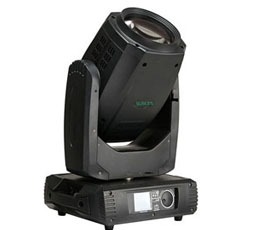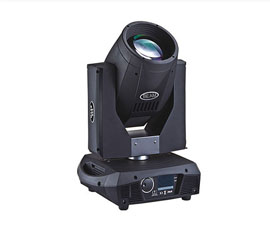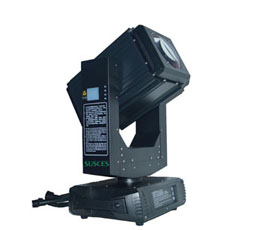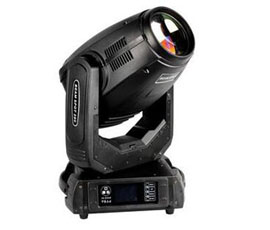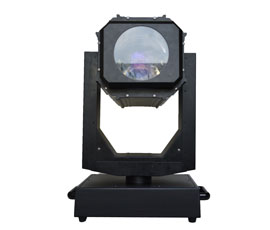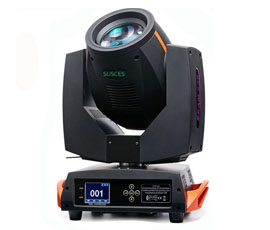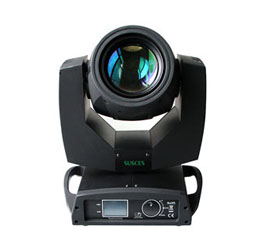
Anti - interference effect of wireless microphone system
With the popularity of wireless microphone use, to bring great convenience to the user, but also produced more or less the problem. Which often encountered the problem is the wireless microphone system itself and the frequency of external frequency caused by the instability caused by instability, as well as the insecurity. Therefore, the need for dense room between the use of limited frequency resources, planning the use of wireless microphone system frequency to ensure the smooth and safe meeting. The following an auditorium sound reinforcement system, for example, describes the wireless microphone system encountered when the frequency of specific solutions, and how to do spectrum management.
1 allocation of spectrum resources
The basic working principle of the wireless microphone system is very simple, that is, the sound signal is converted into electrical signals, and then FM (frequency modulation) modulation to a carrier through the transmitter transmitter, and then received by the receiver demodulation into audio signal, Sound system. So the wireless microphone system is a one-way communication system, which is not the same as the walkie-talkie system. According to the revised technical requirements for "micro-power (short-range) radio equipment" issued by the Radio Technology Management Committee of the Ministry of Information Industry of China in September 2005, the types of equipment such as wireless microphones and civil radio metering instruments use 470 MHz to 510 MHz, 630 MHz to 787 MHz; transmit power limit: 50 mW (erp); occupied bandwidth: no more than 200 kHz. Universal wireless remote control equipment using 470 MHz ~ 566 MHz, 614 MHz ~ 787 MHz, these bands are the use of wireless devices.
But need to pay attention to the actual use of these bands to avoid the local radio stations, television stations use the frequency. As most of the frequency bands of imported wireless microphone systems are above 450 MHz, especially between 470 MHz and 787 MHz. The following is an analysis of the frequency interference problem encountered in the actual use of an imported brand wireless microphone system used in the sound reinforcement system. The wireless microphone system uses a part of the UHF IF band, while the UHF range is 470 MHz to 806 MHz, which can accommodate more operating frequencies. The receiver of the system uses two 1/2-wavelength diversity antennas. This diversity of receiving technology can effectively eliminate the "dead" and "dead", to avoid the occurrence of sound or tone. So the focus is to solve the problem of spectrum resource management and external frequency interference.
2 measures to avoid frequency interference
(1) to find out the frequency of the wireless microphone system used in the PA system
The adjacent room of the wireless microphone system is currently used in the frequency of the data collected back to the statistics, the data analysis.
(2) Confirm the external interference source and the frequency that can be used
Using the wireless microphone system adaptation management software for sweep monitoring. The software can assist in identifying the RF signal and search for the interference-free operation spectrum. According to the national standard GB / T 14431-1993 "radio service requirements of the signal / interference protection ratio and the minimum available field strength" provisions, to find more than interference interference ratio of strong interference frequency, will be abandoned, Interference but still available frequency. Measure the isolation of the wireless microphone signal between the auditorium and the adjacent rooms. If some of the frequency points are highly isolated, more than 40 dB or more, that is, the frequency of the wireless microphone signal attenuation is greater than the interference protection ratio, these high isolation frequency in the conference room or hall can also use The
(3) strict frequency configuration
According to the previous work, confirm the frequency of interference and the frequency that can be used, configure the frequency of the use of the wireless microphone in the frequency range that can be used, according to the same frequency configuration, adjacent frequency configuration and over 50 kHz inband configuration All the frequencies that can be used are tabulated and assigned to each conference room or room. At the same time set aside some of the frequency of adjacent frequency configuration for journalists and other foreign personnel to use.
(4) According to the frequency configuration to establish wireless microphone spectrum resource management system
This core work, whether it is now using the wireless microphone system or later to add a new wireless microphone system, need to pay attention to the intermittent internal intermodulation, especially the third-order intermodulation, which requires access to the relevant brand wireless microphone manufacturers frequency Table, so that all systems use the spectrum of orderly, rather than just set a frequency of work. In this way, the journalist needs to use the wireless microphone, must apply, and then assign a frequency of adjacent frequency configuration, no matter which room in which the interview, Will not interfere with the wireless microphone being used. Another problem to be aware of, each system in the distribution should be set aside a number of backup frequency, in case of an emergency in case of manual replacement. In short, these spectrum resources are used to allocate more rationally through normative management.
(5) take full advantage of the wireless system management software to bring convenience
The use of software to find the advantages of frequency can greatly improve the efficiency, and can monitor the working status of the system and the antenna signal every time the situation. The system used in the brand in recent years out of a set of interference detection and avoidance, frequency diversity, remote control, power management, software control, frequency backup and automatic conversion functions as one of the wireless microphone system. If you can upgrade to the system, will bring greater convenience for everyday use, and have a more stable system.
(6) to strengthen the monitoring of the venue environment
As the external interference source changes at any time, to strengthen the monitoring of the venue environment, often with wireless system management software to scan the scene to collect RF data, record the occasional or sudden radio frequency interference, and find the source of interference. Careful observation of the daily work of the receiver panel RF RF indicator to see if there are other signal interference. If there is to continue to find sources of interference.
